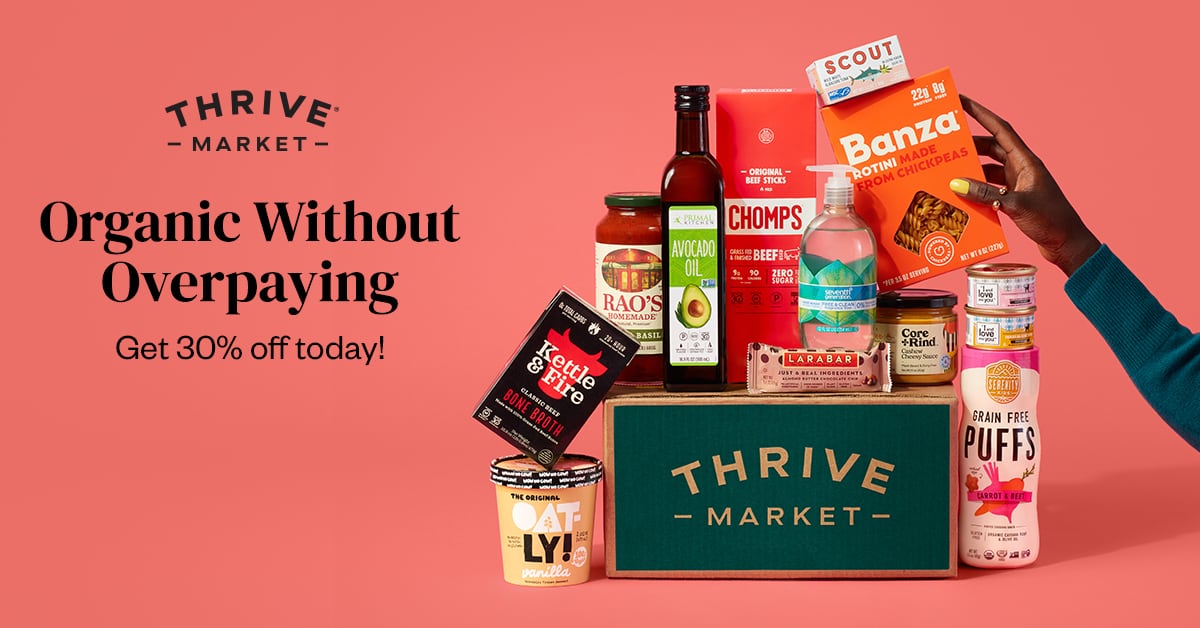Banned Toxic Chemicals Found in 100 percent of Pregnant Women - New Study
(NaturalNews) A new study from the University of California, San Francisco reveals that 100 percent of expectant mothers (sample size = 268) are contaminated with highly toxic synthetic chemicals. The study, published in Environmental Health Perspectives, concluded,
"Certain PCBs, organochlorine pesticides, PFCs, phenols, PBDEs, phthalates, polycyclic aromatic hydrocarbons (PAHs) and perchlorate were detected in 99 to 100% of pregnant women."
These chemicals are known to exhibit various harmful effects on human biology, covering everything from neurological and infertility problems to cancer and hormonal disorders. Many of the chemicals found in these women have been banned for not just years, but decades.
The poisoning of our bodies by chemical companies
Where do all these chemicals come from? Pesticides are sprayed on crops, of course, and the new so-called "Food Safety" bill passed by Congress does absolutely nothing to reduce pesticide levels of food (that's not part of their definition of "safety," apparently). In addition, S.510 actually places a new burden on U.S. farmers, shifting the competitive advantage to food importations from countries where the most toxic pesticides are still legal to use. (Yes, farms outside the U.S. can spray DDT on their crops, then import them into the USA for consumption.)
Phthalates are chemical plasticizers. Pharmaceutical pills are often coated with phthalates to give them a shiny finish. They're also used in children's toys, medical devices, personal care products, sunscreens and even sex toys. On the personal care side, phthalates are found in perfumes, eye shadow, liquid soap, nail polish and hair spray.
Phthalates are known as "endocrine disruptors" because they interfere with normal endocrine system function -- potentially leading to obesity and birth defects.
Perchlorate, also known as the "rocket fuel chemical," is used in the manufacture of automobile airbags and other vehicle parts. It's also present in many fireworks, and is frequently found contaminating the water supply.
We could go on with more details, but here's the point: We live in a toxic stew of synthetic chemicals -- chemicals that the plastics industry and the American Chemistry Council tend to say are all completely harmless, of course. The FDA allows thousands of other chemicals to be used in food and personal care products, and the processed food manufacturers inject an alarming array of toxic chemicals into their foods (and food packaging materials).
The average U.S. consumer bathes their clothing in extremely toxic fabric softeners and perfumed laundry detergents that make them smell like walking fragrance factories. The exhaust air from dryer vents even pollutes the air in residential neighborhoods and apartment buildings.
With all this going on, is anybody really surprised that 100% of pregnant women are contaminated with toxic chemicals?
The Roman Empire poisoned itself with lead in the water supply. The American empire has decided to poison itself with the "miracle of modern chemistry" as found in all the pesticides, plasticizers, additives, preservatives and other chemicals that a typical first-world consumer poisons themselves with a thousand times a day.
You just gotta love Proctor & Gamble, Johnson & Johnson, Unilever and all the other consumer product companies using synthetic chemicals to manufacture personal care products. It is corporations like these, in my opinion, whose products are poisoning our bodies and contaminating our world with dangerous synthetic chemicals. That's why I personally refuse to buy any products manufactured by such companies.
Ten powerful ways to protect yourself from toxic chemicals
If you want to protect yourself from these toxic chemicals, here's how to do it:
#1) Don't put anything on your skin you wouldn't eat! Avoid all mainstream consumer skin care, cosmetics and personal care products, period! Need soap? Try natural, organic brands like Dr Bronner's, AnnMarie Gianni or Pangea Organics.
Stay healthy by staying informed. Don't become another contaminated victim of the chemical industry.
Is your skin care product toxic? Search your favorite brands and find its toxic rating on www.cosmeticsdatabase.com









